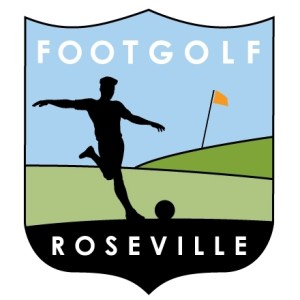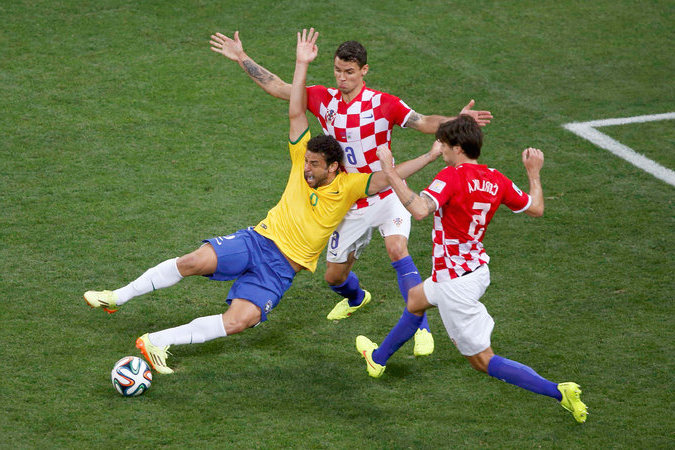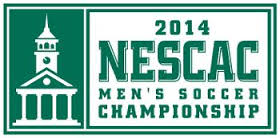 If you want to practice your kicking accuracy but need a break from the soccer field, then consider FootGolf for your next cross-training workout. FootGolf is a relatively new sport that started about five years ago in Europe, but has recently spread to over 260 golf courses throughout the country.
If you want to practice your kicking accuracy but need a break from the soccer field, then consider FootGolf for your next cross-training workout. FootGolf is a relatively new sport that started about five years ago in Europe, but has recently spread to over 260 golf courses throughout the country.
How To Play FootGolf
Similar to golf, the aim is to get a ball into a hole in the least number of strokes possible. You start behind a specific marker, and kicking order is determined by who is farthest from the hole. FootGolf is scored the same as golf, with typical pars ranging from 3 to 5 per hole.
But FootGolf uses no clubs and no tees; players need to kick a soccer ball into 21-inch cups. Another significant difference is the tee-to-hole length, which are often under 250 yards to accommodate shorter kick lengths compared to drive lengths in golf.
Why Play FootGolf
FootGolf is an attractive alternative for soccer players looking to get a different kind of kicking practice. Players will face new challenges like reading the green, but the pressure for making a solid kick in FootGolf is similar to the pressure of shooting in soccer. Players also get the advantage of practicing their dribbling in between holes. Although the game can include an element of goofiness, FootGolf is as serious as you and your friends make it.
In fact, the American FootGolf League (AFGL) held its first pro-am tournaments this September, and gave out $25,000 in prizes to players from all over the world. The AFGL has big plans to drastically expand that prize pool in the coming years.
Kickoff times for FootGolf generally take place in the evenings so golf courses can take advantage of the daylight leftover after golfers take their last tee time. Golf courses get to pick up a little extra revenue while soccer players and golfers alike can try out this new form of athletic activity. The next time you’re feeling like a change of pace from your typical training regimen, head to a golf course and try out this fun new sport.

 The New England Small College Athletic Conference, otherwise known as the NESCAC, has served as an authority on the sport since its formation in 1971. It now sponsors 26 conference championships, including thirteen for men and thirteen for women. It represents and includes some of the most popular New England teams for the sport, including Amherst College, Tufts University, Wesleyan University and Williams College. However, the Conference has often struggled with how to handle unruly fans. In 2011, it proposed a policy, which served to ask game officials to help monitor any unsportsmanlike conduct on the part of participating fans. If any such behavior was detected, the policy asked game officials to address the issue speedily and readily.
The New England Small College Athletic Conference, otherwise known as the NESCAC, has served as an authority on the sport since its formation in 1971. It now sponsors 26 conference championships, including thirteen for men and thirteen for women. It represents and includes some of the most popular New England teams for the sport, including Amherst College, Tufts University, Wesleyan University and Williams College. However, the Conference has often struggled with how to handle unruly fans. In 2011, it proposed a policy, which served to ask game officials to help monitor any unsportsmanlike conduct on the part of participating fans. If any such behavior was detected, the policy asked game officials to address the issue speedily and readily.
Soccer Commentators Score New Deal
Roger Bennett and Michael Davies are two British soccer analysts, known for their amusing and cheeky commentary on the sport. They made a name for themselves by producing a podcast on ESPN’s website Grantland; for their work on the podcast, they have earned a small, yet devoted following of fans. However, according to an article recently completed for The New York Times, the duo recently won a significant increase in attention, due to their work for the World Cup. For the event, they created nightly reports from a tiny room on ESPN’s beachfront set in Rio de Janerio, in which they employed their whimsical and self-deprecating tones to create amusing and compelling storylines. Through these broadcasts, they have been propelled into the media mainstream in sports.
As a result, the pair will host their own show on NBC Sports on Monday nights, which is scheduled to start shortly after the Barclays Premier League season begins. The pair will be covering the league’s progress as a means of NBC attempting to pull on the increasing popularity of the sport in the United States. NBC covered the league for the first time last year, resulting in the most successful run for the event for American audiences; the Nielson company estimates that thirty one million Americans tuned into the league, which doubled the figure from the previous year. NBC’s choice to bring in Davies and Bennett indicates that they believe the sport is not only growing more popular, but the creative interpretations of the duo as well. As a result, the pair has also been assigned the task of writing and producing online videos for NBC sports.
Davies, who has served previously as a television executive known for producing such shows as Wife Swap and Who Wants to Be a Millionaire, declared that he was very excited to join NBC’s sports division. This excitement is particularly rooted in joining the corporation that brought about some of his favorite television shows as a teenager, such as ALF, The A-Team and Miami Vice.